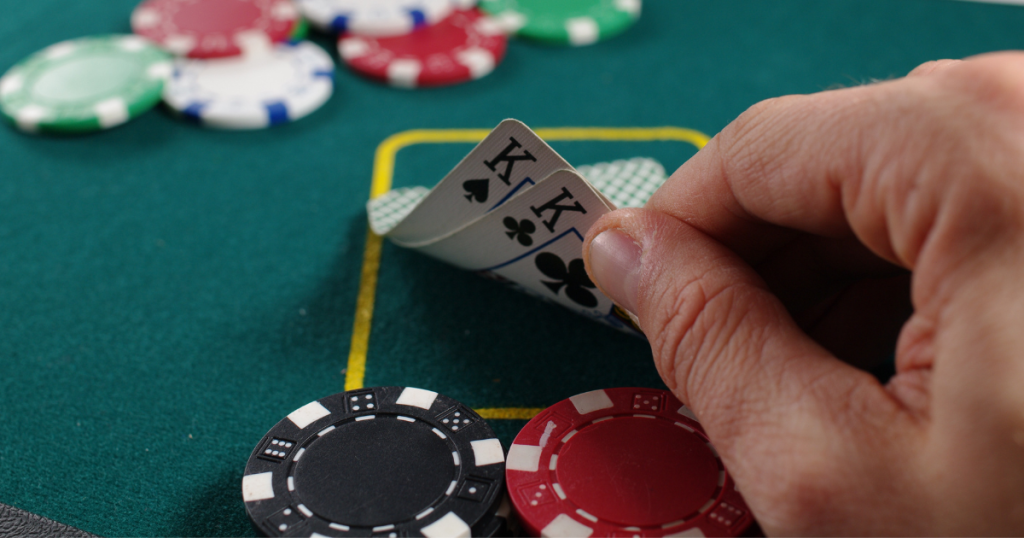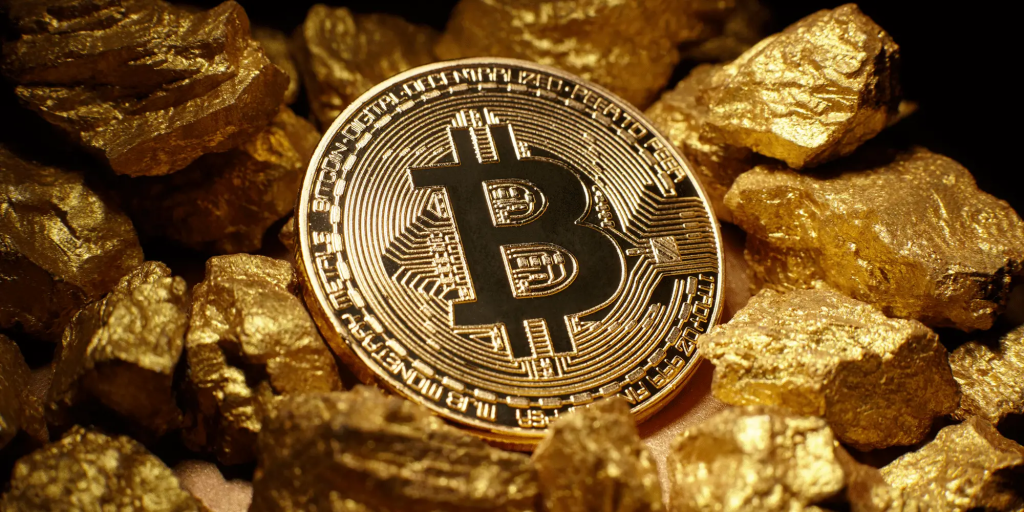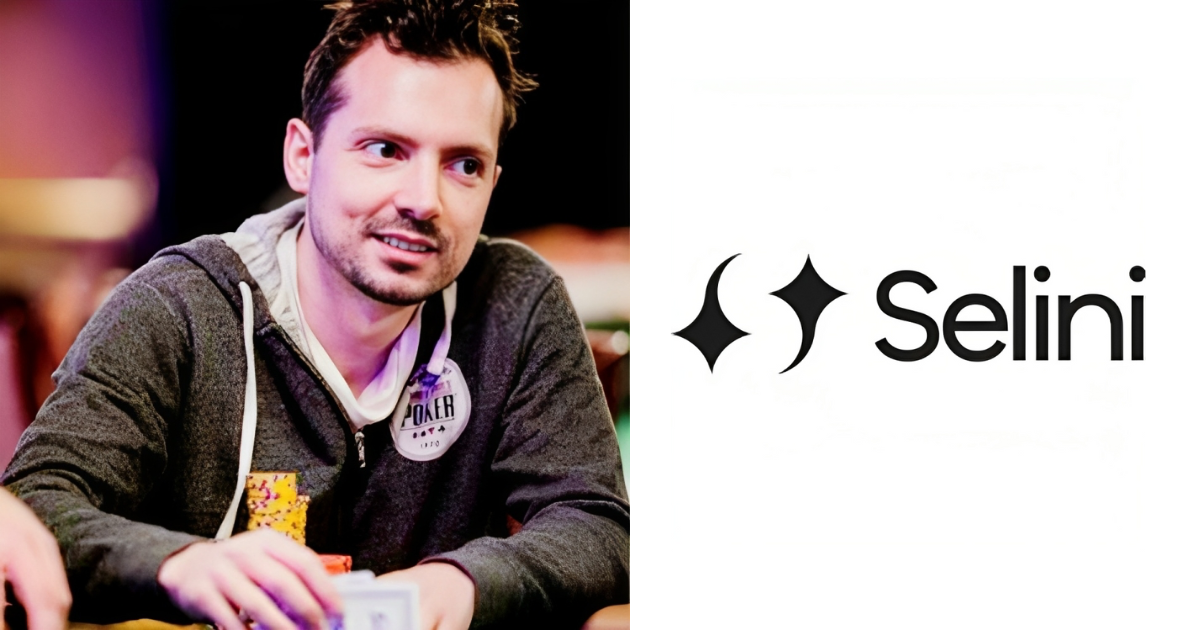It might not be a conventional approach, but playing poker can teach someone a fair bit about financial trading. As Selini Capital’s CIO, Jordi Alexander, explains, “The mental training is good. Just having a sense of probabilities and being able to visualise the probability of different outcomes is useful in trading.”
The same way a poker player would gauge their odds of winning using the cards in front of them, a trader must consider a variety of technical and quantitative factors to decide if an asset is worth betting on. “Some of the psychology is transferable in terms of understanding that results aren’t necessarily what’s important, but rather the process. If the process is good, eventually the results come.”
Emotions have no place at a poker table nor on the trading floor, at least not for those looking to win. After all, no one gets a hundred percent of their bets right and that’s something which professionals must learn to accept.
“Sometimes things are out of your control, even if you do everything correctly,” Alexander says.
A day in the life of a crypto trader
Alexander’s experiments with probability date back to 2009 when he began playing poker professionally. He pursued this for four years before branching out into trading in the traditional financial markets. In 2021, crypto caught his eye and since then, it has accounted for a majority of his trading activity.
Being systematic and process-driven is a key part of Alexander’s trading philosophy. “We’re very algorithm-based,” he explains.
“For us, it’s not just people clicking buttons, it’s a lot of systematic models.” He cites game theory as a key framework behind his philosophy. This involves considering the motivations and actions of other influential players and making moves accordingly.

“With crypto, there are several very large whales that can have a good amount of influence on the market. From a game theory perspective, you have to kind of predict some of these other influential people’s moves and position yourself,” Alexander says.
Speaking of his role as CIO at Selini Capital, Alexander describes it as being a “firefighter”, constantly running around and fixing problems which come up. With crypto markets as dynamic as they are, every day brings new developments which traders need to account for as part of their strategy.
Beyond developments which directly impact crypto – such as new regulations or partnerships – Alexander mentions that there’s also a need to track global macro news. “[Aspects such as] equity markets and interest rates will affect prices too.”
Crypto and the global economy
Although it’s not a strict correlation, crypto prices have often been affected by trends in other financial markets. Alexander describes crypto as an intersection between NASDAQ – an index largely moved by technology stocks – and gold.
“There’s an element of crypto where it’s just like a tech stock – it’s like a Silicon Valley growth startup. And then there’s an element where we’re looking at it more as a commodity, especially Bitcoin and maybe Ethereum.”
Alexander believes that in the last few years, the strongest correlation was between crypto and equities. However, this is now changing: “We’re increasingly seeing it more as a commodity and being more linked to interest rates and gold.”

There is also an emerging divergence between Bitcoin and the rest of crypto. This can be seen, for example, in regulatory proceedings in the US. Earlier this year, Gary Gensler – Chairperson of the U.S. Securities and Exchange Commission (SEC) – declared the SEC’s view that all cryptocurrencies apart from Bitcoin should be treated as securities.
Up till now, the crypto markets have primarily been driven by Bitcoin, with other cryptocurrencies closely following its price movements. This is likely to change as the crypto market grows and there is greater clarity around the purpose which different cryptocurrencies serve. Altcoins might find themselves lumped in with tech stocks while Bitcoin grows further into a commodity.
The future of crypto trading
Market growth and growing institutional participation will also change the crypto trading landscape moving forward.
Currently, the crypto market is rife with inefficiencies and compared to equity markets, there is less of a gap between the information and tools available to institutional investors and retail traders. This has proven beneficial for the latter as they enjoy more of a level playing field.

“Working with data is different [between crypto and traditional markets]. Traditional exchanges have something that’s called ‘level three data’, which is full order-by-order information. In crypto, sometimes it’s similar, but other times, you feel like you’re MacGyver with barbed wire and a piece of cloth and you need to put them together somehow.”
As is the case with any market though, crypto markets are expected to become more efficient over time and the kind of opportunities which retail traders have seen in the past might dwindle as a result.
Featured Image Credit: Ishan Singh / Token2049 Singapore 2023
Also Read: Token2049: Ripple and BitGo CEOs on the future of crypto amid regulatory uncertainty








